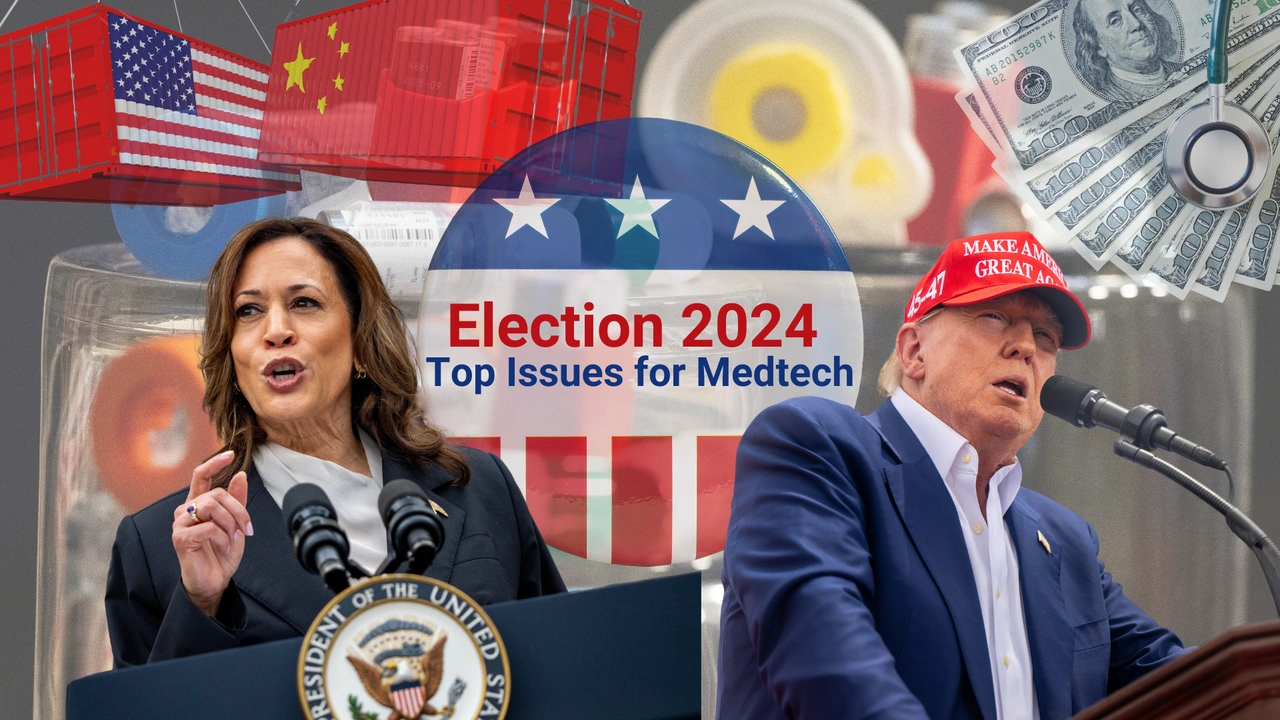In an era where political campaigns are increasingly expensive, a troubling question arises: What is the true cost of each vote in America? A recent report by Ethical News Media delves into this issue, revealing how the influx of money is reshaping the landscape of American democracy.
Record-Breaking Spending
The 2020 U.S. presidential election set a new record for campaign spending, with an estimated $14 billion poured into various aspects of the electoral process. This figure surpasses the GDP of 60 small countries, highlighting the enormous scale of political expenditure in the United States.
Where Does the Money Go?
Campaign funds are primarily allocated to four key areas:
- Advertising: In 2020, the Trump and Biden campaigns collectively spent over $1.6 billion on advertising across various platforms.
- Staff and Operations: Campaigns require large teams of strategists, pollsters, and organizers, as well as office space and logistics.
- Fundraising: Paradoxically, campaigns must spend money to raise money through methods like direct mail and fundraising events.
- Voter Mobilization: Get-out-the-vote efforts and canvassing are crucial for increasing voter turnout among supporters.
The Cost Per Vote
The concept of “cost per vote” provides insight into campaign efficiency and the influence of money in elections. Some notable examples include:
- 2020 Presidential Race: With approximately 159 million voters, the average cost per vote was about $41.
- 2020 Georgia Senate Runoffs: Total spending exceeded $500 million, with an estimated cost per vote of over $120.
- 2021 New York City Mayoral Race: Some districts saw costs reaching $75 per vote.
The Influence of Big Money
The role of wealthy donors, corporations, and super PACs in funding campaigns has grown significantly, especially since the Supreme Court’s 2010 Citizens United decision. In 2020, super PACs spent over $2.6 billion on federal elections alone, raising concerns about the outsized influence of a small group of wealthy individuals and interest groups on the democratic process.
Implications for Democracy
The increasing cost of elections has several concerning implications:
- It creates a perception that politicians are more accountable to donors than constituents.
- It discourages qualified candidates without access to substantial funding from running for office.
- It potentially skews policy decisions in favor of wealthy donors and special interest groups.
Looking Ahead
As campaigns become more sophisticated, relying on advanced data analytics and micro-targeting, the cost per vote is expected to continue rising. While the rise of small-dollar donations has given individual voters a greater voice in campaign finance, meaningful reform is still needed to reduce the influence of big money in politics.
The article concludes by posing a critical question: How much are we willing to pay to ensure that democracy serves all citizens, not just the wealthiest few?
As voters and citizens, it’s crucial to stay informed about these issues and advocate for transparency and equity in campaign financing. Only then can we hope to create a political system where ideas and policies truly matter more than money.

